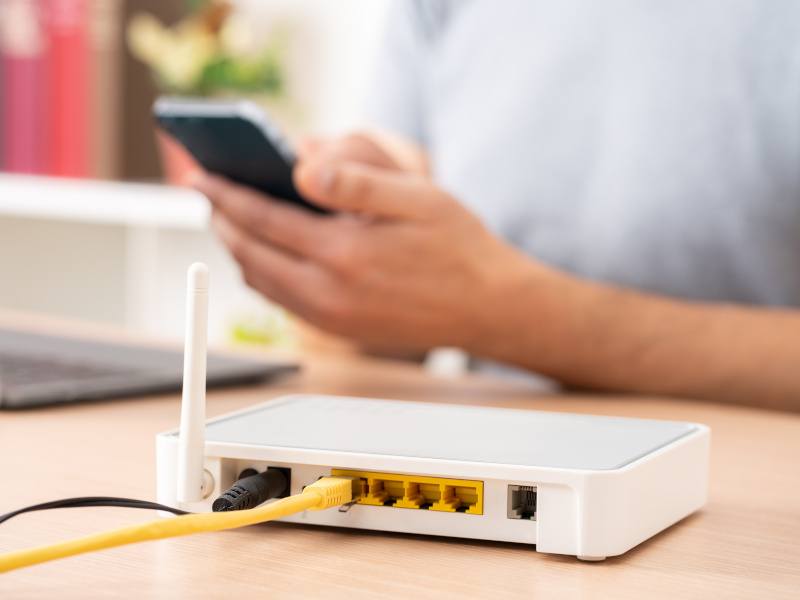These UK regulations prohibit manufacturers from using weak and easily guessed default passwords such as 'admin' or '12345', but one expert believes these new rules are not enough. I don't think so.
New consumer protections have come into force in the UK, placing additional cybersecurity responsibilities on smart device manufacturers.
These new laws aim to set minimum security standards for all internet-connected smart devices in the country. Under these rules, manufacturers are legally required to protect consumers from hackers and cybercriminals and prevent these malicious organizations from accessing the Internet or devices with network connectivity. .
These UK regulations also prohibit manufacturers from using weak and easily guessed default passwords such as 'admin' or '12345'. If the devices have a common password, users will be encouraged to change the password the first time they use their smart device.
The UK government announced yesterday (29 April) that these new rules will help prevent threats similar to the 2016 Mirai attack. This massive attack compromised approximately 300,000 smart products due to weak cybersecurity features. These products were later used to attack major Internet platforms and services through distributed denial of service (DDoS) attacks.
The government said the new law was an “important step” to make the UK more resilient to cybercrime, as almost every adult in the country owns at least one smart device. The UK estimates that households in the country own an average of nine connected devices.
“As our daily lives become increasingly reliant on connected devices, the threats generated by the internet will grow and become even greater,” said Viscount Camrose, UK Secretary of State for Cyber. “By introducing the world's first law to ensure consumers' personal privacy, data and financial security, consumers can have greater peace of mind that their smart devices are protected from cybercrime. Masu.
“We are committed to making the UK the safest online environment in the world and these new regulations mark a huge leap forward towards a safer digital world.”
Tim Curran, chief experience officer at Sectigo, said the rule is a step in the right direction, but there are still significant gaps in the country's smart device defenses.
“It's a good starting point, but it's not enough,” Curran said. “The UK's IoT Security Act only requires devices to meet three of the European Telecommunications Standards Association's 13 standards.
“Yet significant gaps remain in our defenses for hackers to break into our smart devices. If the UK wants to get serious about protecting our devices, we need to encourage businesses to do more.”
Find out how new technology trends will change tomorrow with our new podcast, Future Human: The Series.listen now spotifyupon apple Or wherever you get your podcasts.


